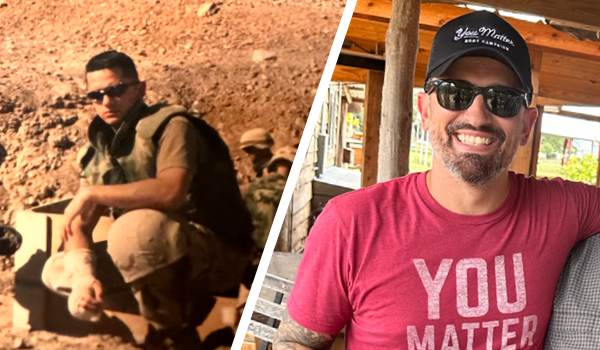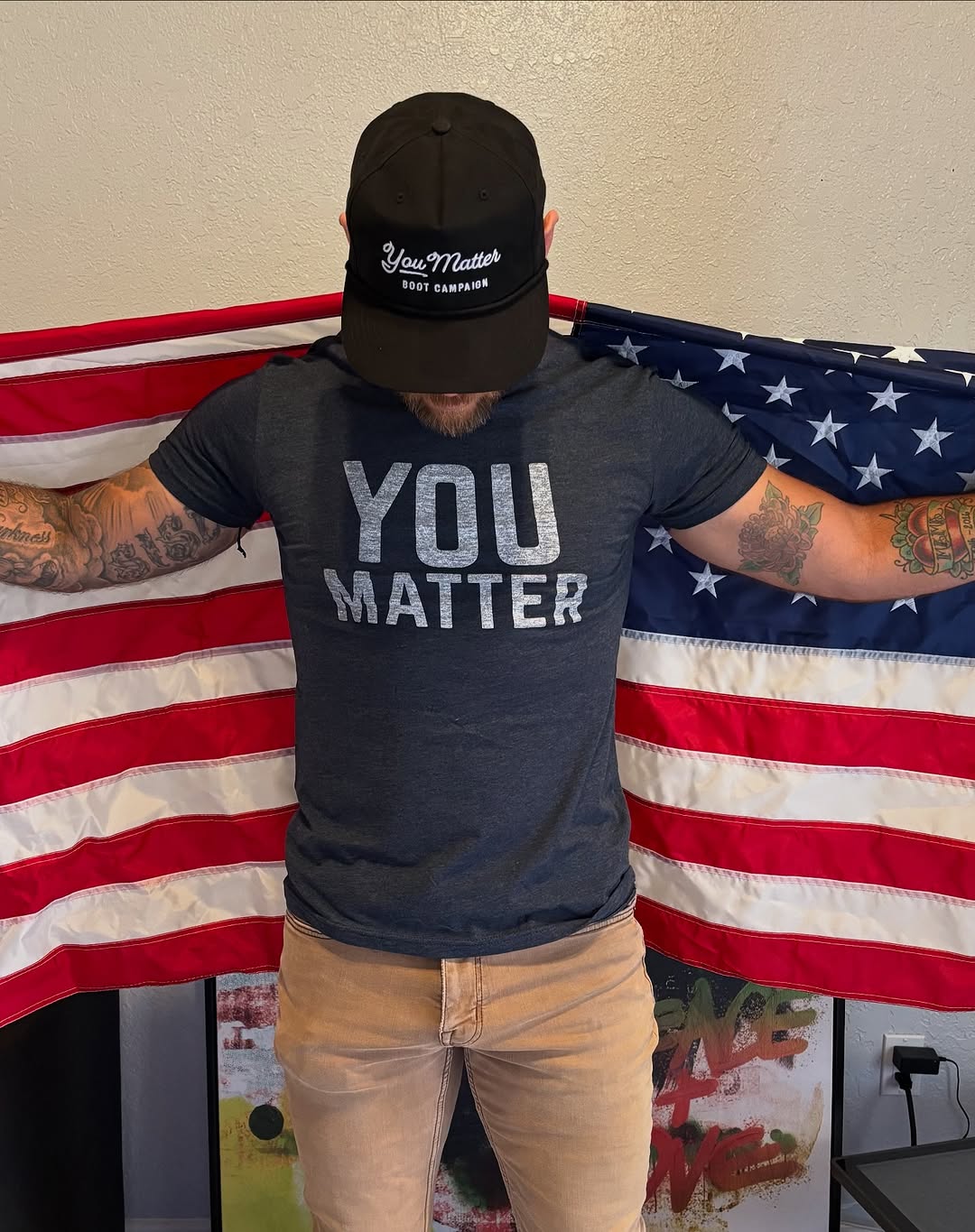Combating the Mental Health Stigma

Matters of mental health carry negative connotations and stigma. These views are fueled by lack of public awareness, knowledge and understanding of the realities of mental health issues combined with both personal and societal fear. Broadly de-stigmatizing mental health issues that may lead to suicidal ideations will require a long-term sustained effort for humans as a whole. That’s why we believe seeking help is a sign of strength and knowing the signs is important.
Read below with takeaways from our Health & Wellness Program team on the importance of combating the stigma of seeking mental health.
Why is it important to combat the mental health stigma?
“Bringing attention to the mental health plight that surrounds so many is vital in minimizing the social and even the individual stigma one places on others or themselves and causes a barrier for that person to not reach out for help. Getting rid of the stigmas opens the door for people to ask for the assistance they need and that is the first of many important steps in their journey for wellness.”
– U.S. Army Staff Sergeant (Ret.) Sarah Lucas, Case Manager
“Oftentimes, when I meet with a new veteran, they really, truly do not believe they matter. It is our ability to be consistently there for them, to check on them, to get them care, to be just one person who actually cares about them that often times makes the difference at first. Interestingly, I’ve had more than one veteran tell me later on, after they’ve gotten more stable, that they were really confused as to why I cared about them because they didn’t care about themselves. Providing access to barrier and stigma free care is HOW they regain their lives, but we are the conduit that makes that happen for many veterans. They come to trust us, which means they will listen to us and follow through with care.
“I find that taking the stigma away by normalizing what they are going through with facts about brains and bodies and science and trauma, as well as just truly listening and acknowledging the human condition and their suffering, seems like it is oftentimes the first way to get through to someone who is hopeless.”
– Jenny Wright Howland, PSYD, Licensed Clinical Psychologist, Director
“Everyone suffers and on some level that means everyone could use some help – even if they are unaware, or in a place of denial of what that all means. Stigmas, as I understand them, are inherently negative and place a sense of disgrace upon those they are directed towards. I think when pressed upon people, stigmas can lead to feelings of shame, guilt, and belittlement. Those feelings enhance suffering and therefore are extremely counterintuitive to healing.
“I have always found it interesting that mental health stigmas are often prevalent in professions that are based in the service of others, such as military and law enforcement. I think this stems from not wanting to appear weak in the eyes of others which, I admit, is extremely necessary in those professions. How can an officer or veteran protect me, or their fellow service members, if they do not present themselves as strong, confident, and powerful when faced with danger? That makes sense to me and I believe is extremely important when lives are at stake.
“However, in terms of mental health stigmas it is the definition of strength that needs to change. The strongest people I know are the ones who have overcome mental and emotional struggles. They experienced something, felt something, acknowledged what they felt, worked towards healing (which sometimes never ends), and emerged 10x stronger than they were in the beginning. There is strength in acknowledging weaknesses; there is power in being vulnerable, and there is wisdom in how we express confidence. In order to better help and serve other people, we have to help ourselves first. Mental health stigmas make that much more difficult than it should be.”
– Lindsay Campbell, Program Manager











